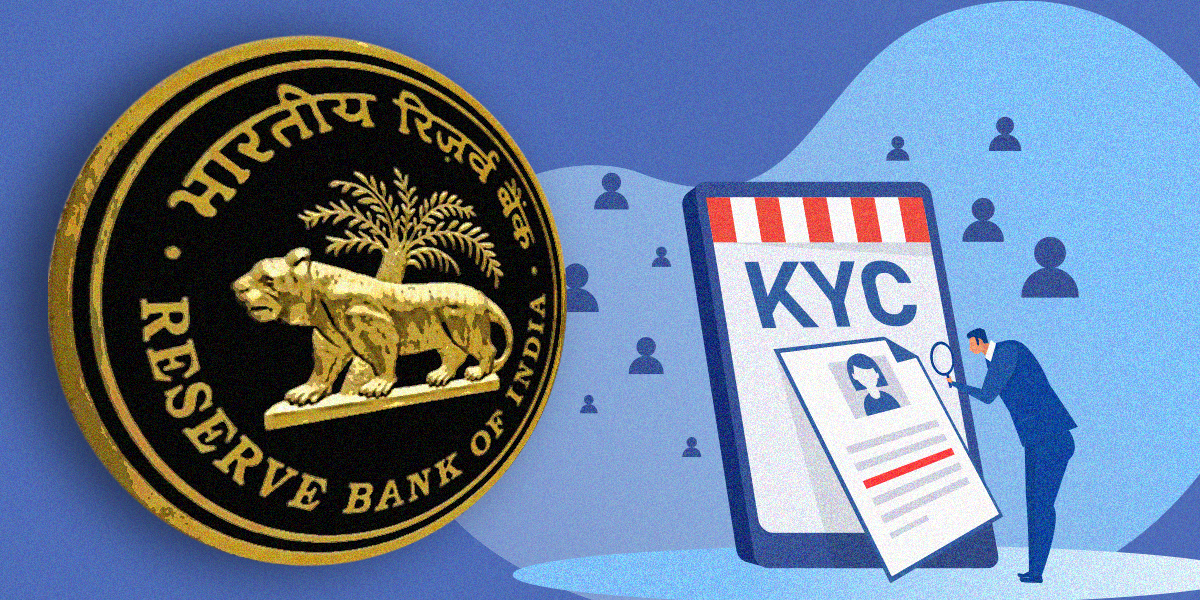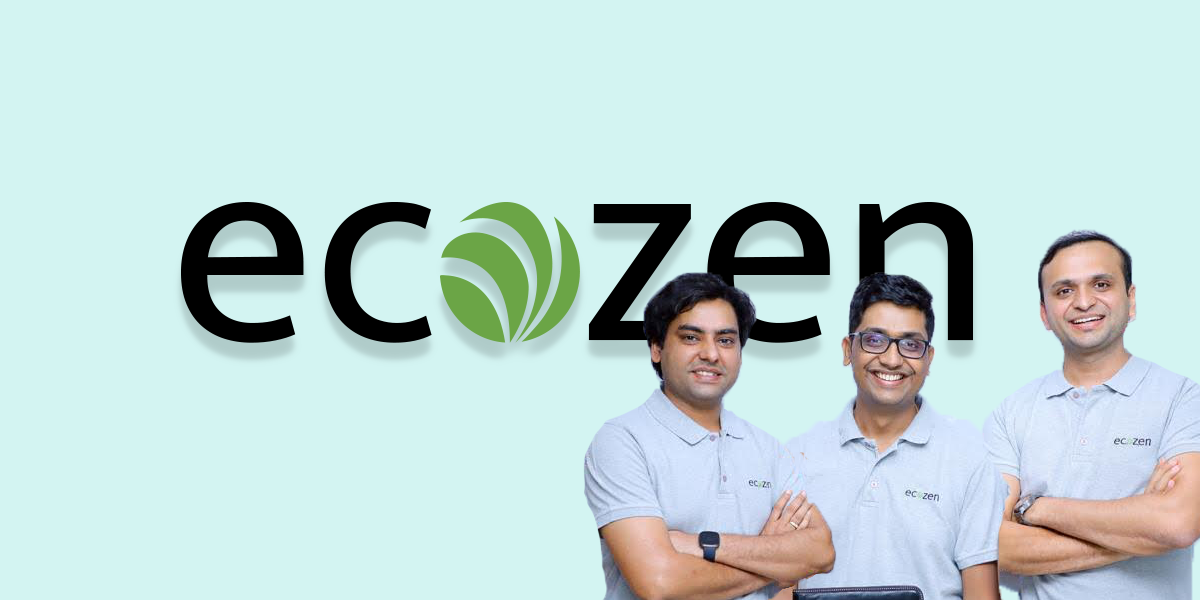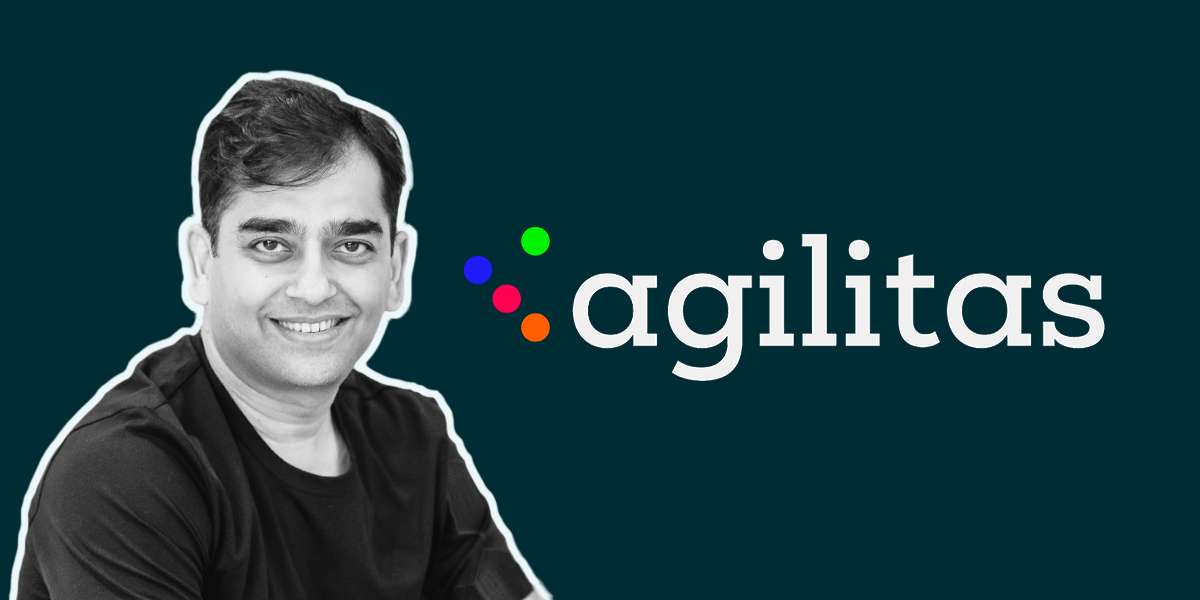Fifteen months after launching its Business app in India, messaging app WhatsApp has reported its first profitable fiscal in 2019.
WhatsApp India posted a profit of Rs 57.18 lakh for fiscal 2019, as per RoC filings. The Facebook-owned app has reported a revenue of Rs 6.84 crore earned through IT-enabled business process and outsourcing services in the same period.
This is a significant improvement for WhatsApp, which had posted a loss of Rs 5 lakh and had zero revenues in FY18.
The company expenses for the year was Rs 5.99 crore, which included employee salaries and benefits of Rs 3.43 crore and Rs 1.3 crore in business promotion, legal and professional fees.
In India, almost 10 lakh businesses use the WhatsApp Business app, whereas 50 lakh businesses are using the app across the world.
The WhatsApp Business app offers small business enterprises (SME) ways to communicate with clients without any hassles and grow their business. It lets users browse photos, read the product description and look up prices, helping with better purchase decisions.
The Business app, which went live early last year, has been serving small and medium businesses (SMBs) in sectors ranging from handicrafts to ice creams.
In early November, it had rolled out a ‘Catalogs’ feature to allow enterprises to showcase photographs of various products to potential customers.
With a 400 million user base, India is the largest market for the messaging app. WhatsApp wants to keep investing and adding features to bring more businesses online.
Last week, Abhijit Bose, head of Whatsapp India, had emphasised on accelerating growth by making a few tweaks and wants to be a key part of digitising SMEs.
Meanwhile, the messaging app’s much-awaited payment service, which has been on pilot mode for over one year, has been on hold for not being compliant with data localisation norms in the country.
Last month, the messaging app was in the news after it had revealed that its service was used to conduct cyberespionage on Indian journalists, human rights activists and others by Israeli technology firm NSO Group using its spyware Pegasus.













